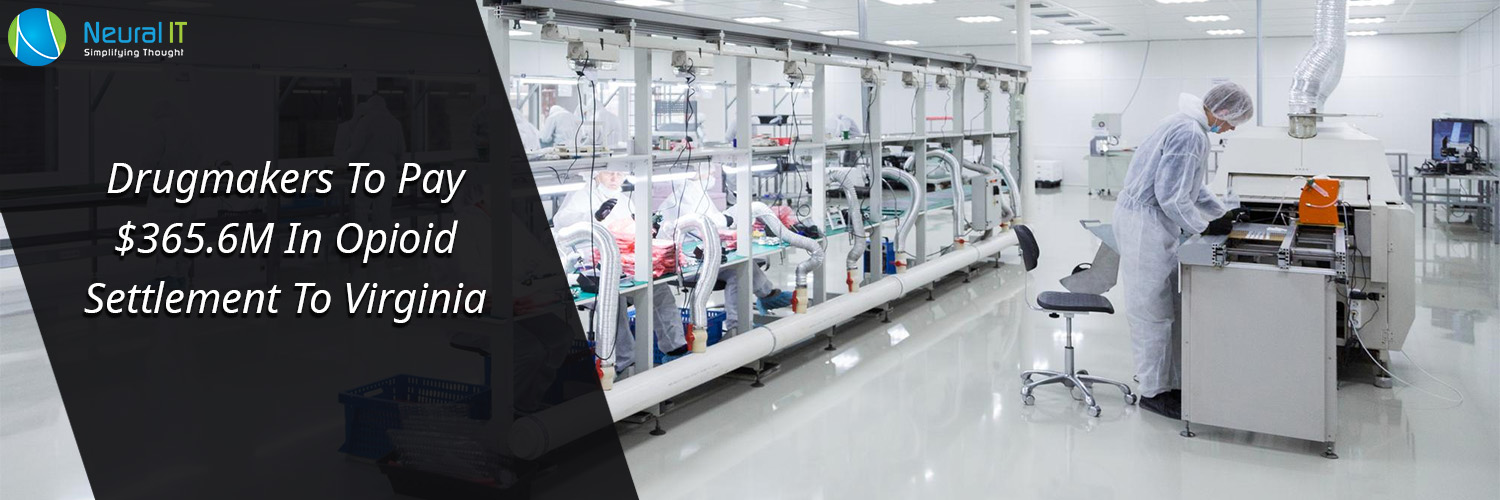
Following opioid painkiller deals with Teva, Allergen, CVS, and Walgreens, Virginia is expected to earn around $365.6 million in compensation.
On June 9, the Attorney General declared that $17.3 billion in opioid deals had been approved in their entirety. The milestone agreement with two significant medicine manufacturers and two significant pharmacies has taken a long time to come about, he continued. The payment will benefit the local communities and people who lost their lives in Virginia.
By the end of 2023, the $365.6 million will begin to be given to state and municipal governments.
The deal includes further injunctive remedies, or guidelines that each corporation must adhere to, the AG's office claims. Future opioid marketing by Teva will be prohibited, and the company must take steps to curtail drug abuse. For ten years, Allergan must stop marketing opioids. Both CVS and Walgreens are obligated to keep an eye on, report, and share information about any questionable conduct involving prescriptions for opioids.
The final settlement with Walmart has not yet been disclosed since it will go through a different procedure. A revision is anticipated in the upcoming weeks.
To date, Virginia has contributed close to $1 billion to federal inquiries into and lawsuits brought against the pharmaceutical sector because of the opioid crisis. There are still unresolved settlements.
Earlier this month, Walgreens agreed to pay $230 million to resolve a dispute about the drugstore chain's distribution of opioids in San Francisco. The city will get $229 million from the drugstore over the period of 14 years. Even CVS has reached a similar settlement worth $606 million where the store owners agreed to pay the amount to Nevada.
Additionally, CVS agreed to develop an oversight program with a database of prescriptions, patients, and prescriber "red flags" in order to help prevent the misuse of opioids. A CVS official emphasized the company's delight with the deal with Nevada in a statement. The fact that doctors, not chemists, make prescriptions for opioids was emphasized in the statement. The supervision plan was not covered in full.




